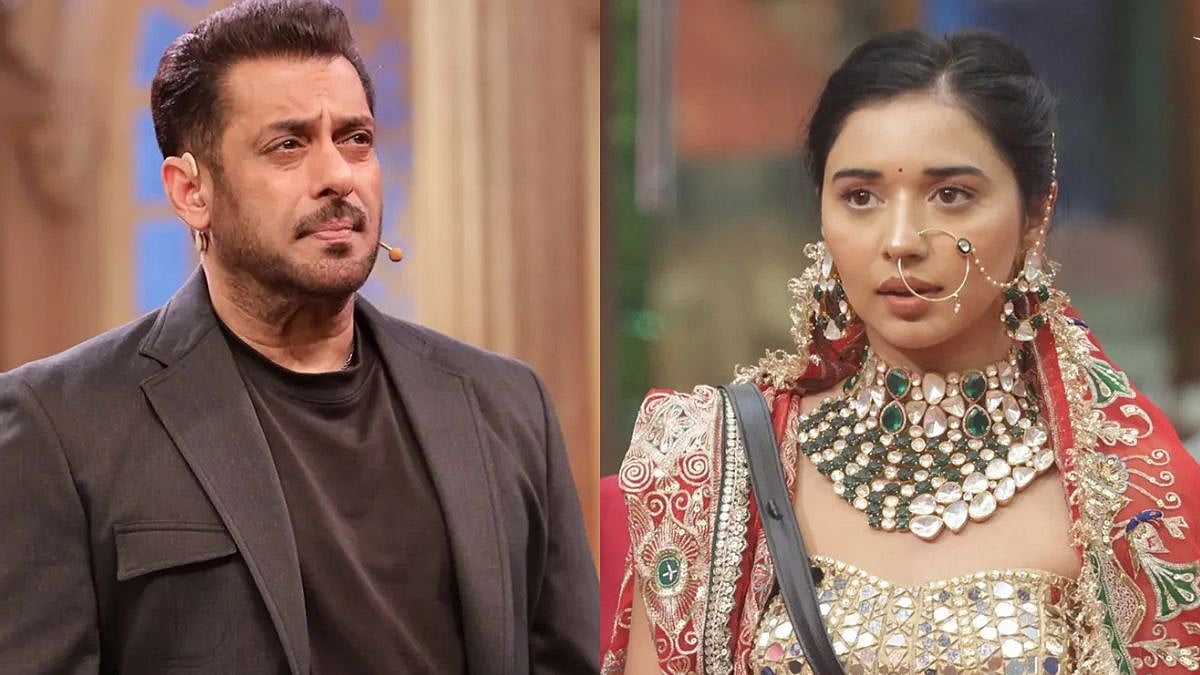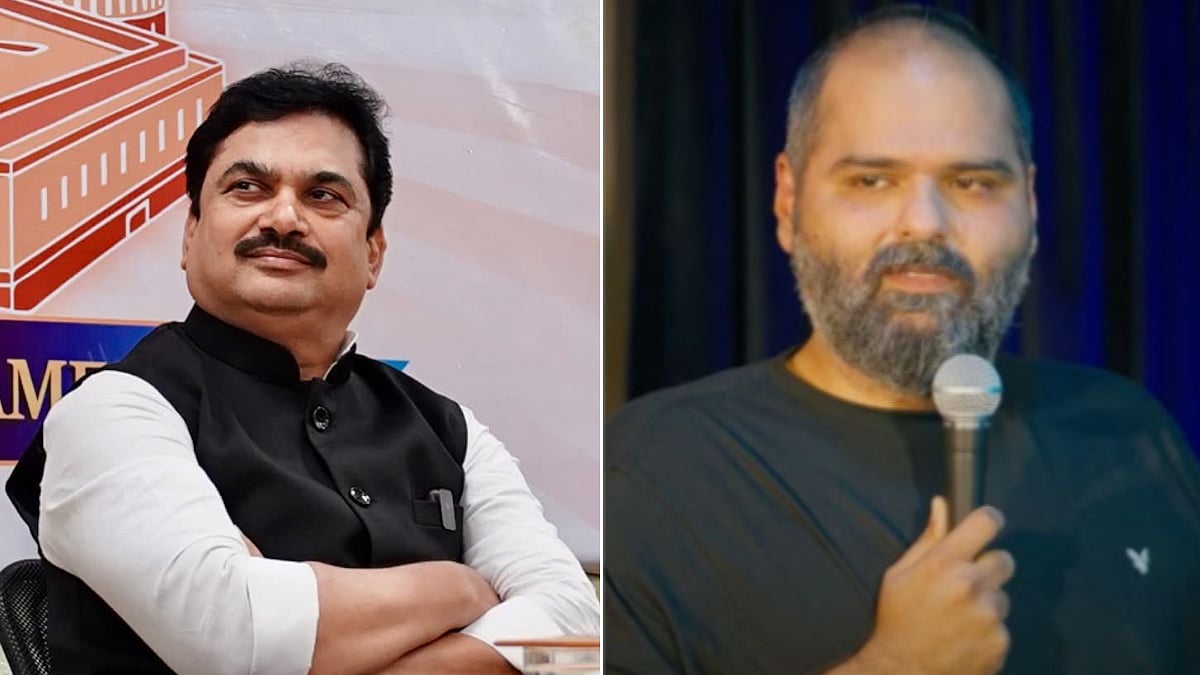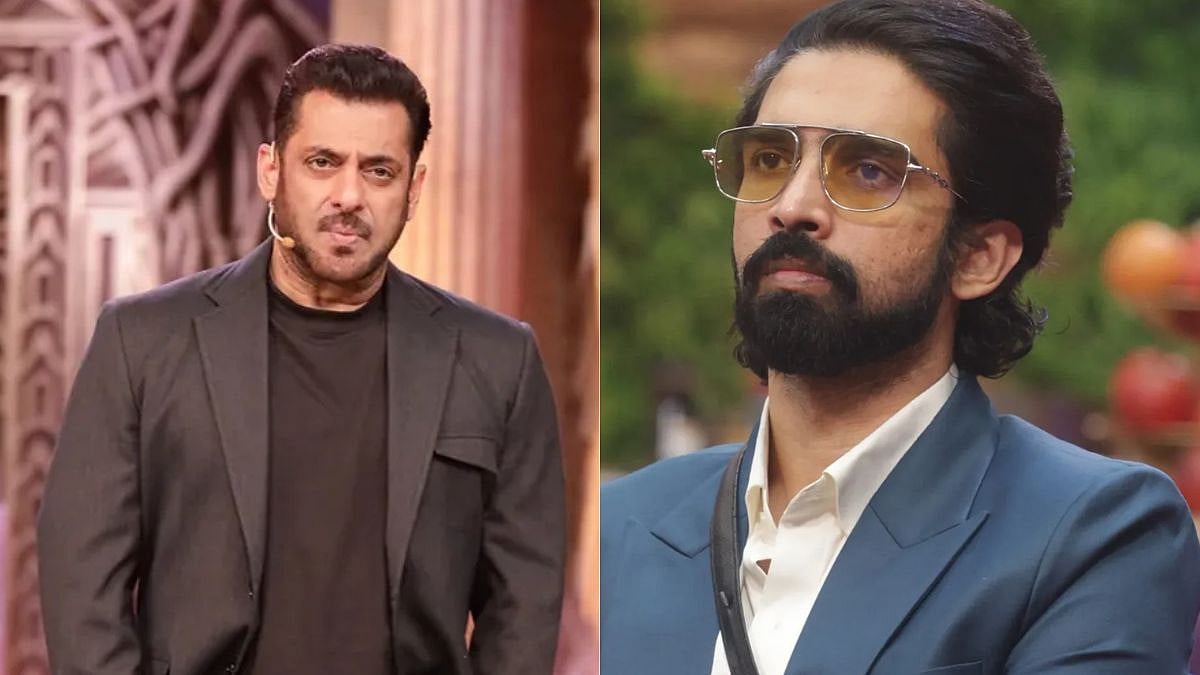For years the Bharatiya Janata Party’s core agenda had three objectives: a Ram temple at Ayodhya, abolition of Article 370 and a uniform civil code. It has achieved the first two and is trying to attain the third. The party does not hide that, as in the cases of Ram temple and Kashmir, its aim behind a uniform civil code is to end a ‘privilege’ the Muslims have ‘unjustifiably’ enjoyed. That privilege was to conduct their family affairs such as marriage, divorce and inheritance according to Muslim personal law. “How can the country have two different laws (on family affairs) when the Constitution talks of equality for all citizens?” Prime Minister Narendra Modi said recently.
It is obvious that the BJP is doing it for a richer harvest of Hindu vote. However, it camouflages its intention by saying it is doing it to establish ‘gender equality’ among Muslims. It is projecting it as the next big step after the ban on triple talaq to ‘empower’ Muslim women. And you cannot deny that it has beaten the Opposition in the game. The BJP looks modern and progressive and the Opposition anti-modern and conservative. At least for the cause of Muslim women, the BJP looks Leftwing and the Opposition Rightwing.

Regardless of the BJP’s political profiteering, however, we cannot ignore the fact that gender equality is absent in Muslim personal law. It favours husbands over wives in marriage and divorce. It favours sons over daughters in inheritance. Muslim personal law has been in force since 1937. Since then only two laws have been passed that favour Muslim women a little. One was in 1939, which gave wives a right to seek divorce from their husbands on certain grounds. The other was in 2017, which banned triple talaq (“talaq, talaq, talaq” pronounced by the husband in one sitting).
However, the two laws did not make the wife’s life secure. A wife had now a right to divorce her husband, yet it meant little, because she would not get any lifelong maintenance under the Muslim personal law. On the contrary, she would forfeit the ‘mehr’, the dower (cash, jewellery, land, house) her husband gave her at the time of ‘nikah’ (marriage). In 1985, the Supreme Court ignored the Muslim personal law and granted lifelong maintenance to a 62-year-old divorced Muslim woman named Shah Bano under the general law of maintenance (Section 125 of the Code of Criminal Procedure). In 1986, the Rajiv Gandhi government nullified the apex court order and passed a law allowing a Muslim wife maintenance only during the ‘iddat’, the three months after the husband first pronounces talaq, as provided in the Muslim personal law.
For Muslim women to live with dignity and to enjoy freedom and human rights like the rest of us, they must be freed from the shackles of the Muslim personal law. For centuries the religious leaders of Indian Muslims have resisted any change in the Muslim personal law saying it has a divine sanction and is immutable. It is a completely false claim. There is nothing divine and immutable in Islam except the basic faith. Everything else is open to reasoning, judgement and change according to the circumstances.
There is a famous story about the Prophet Muhammad in this regard. He appointed Maadh bin Jabal as the governor of Yemen and asked him how he would govern it. “According to the Quran,” said Maadh. “What if you can’t find the solution to the problem in the Quran?” asked Muhammad. “I will govern according to the Hadith (sayings and actions of Muhammad),” said Maadh. “What if you can’t find the solution even in the Hadith?” asked Muhammad. “I will apply my own mind,” said Maadh. “That’s the right approach,” said Muhammad, patting his back.
Muhammad’s clear message is: The believers have the freedom to find creative solutions to non-theological (social, familial, political, economic and other) problems according to the circumstances. The Muslim personal law has nothing to do with theology. So the believers are free to reform it according to the circumstances.
Islam originated in Arabia in the seventh century. Much of the Muslim personal law was shaped by the customs and circumstances of the Arabs of those times. For instance, polygamy had nothing to do with Islamic faith. It grew out of the circumstances in Arabia of those times. Muhammad had fought many battles against the idolaters in which a large number of men were killed. That left many orphan girls who needed protection from bestiality and support for sustenance. The Muslim personal law of the times allowed a man to marry two or three or four of them, provided he would deal ‘justly’ with all of them. Polygamy thus arose as a creative solution to a social problem according to the circumstances of the times.
Today the circumstances in India are different. There are no wars and no girls orphaned as a result of them. Why should polygamy continue?
Seventh-century Arab society was tribal and patriarchal. It saw women as inferior in body and mind, and denied them social and economic equality. The Muslim personal law of the times reflected that attitude. The provisions on marriage, divorce and inheritance were biased in favour of men. In today’s India, there is an increasing social consciousness that women are not inferior to men. Women have proved it by excelling in fields earlier seen as male preserves. Isn’t it time to give up the seventh-century Arabian attitude? Should not believers in India follow Muhammad’s counsel and reform the Muslim personal law according to the current context?
Believers in several other countries have already done it. Back in 1956, Tunisia made a law giving women equality in marriage and divorce. It ended polygamy. It took away the husband’s right to repudiate his wife by pronouncing talaq thrice. Only courts could decide on divorce. Morocco, Egypt, Turkey, Syria, Iraq, Yemen and several other Muslim countries too have reformed the Muslim personal law to empower women. Why can’t we do it in India?
Arun Sinha is a journalist and writer











